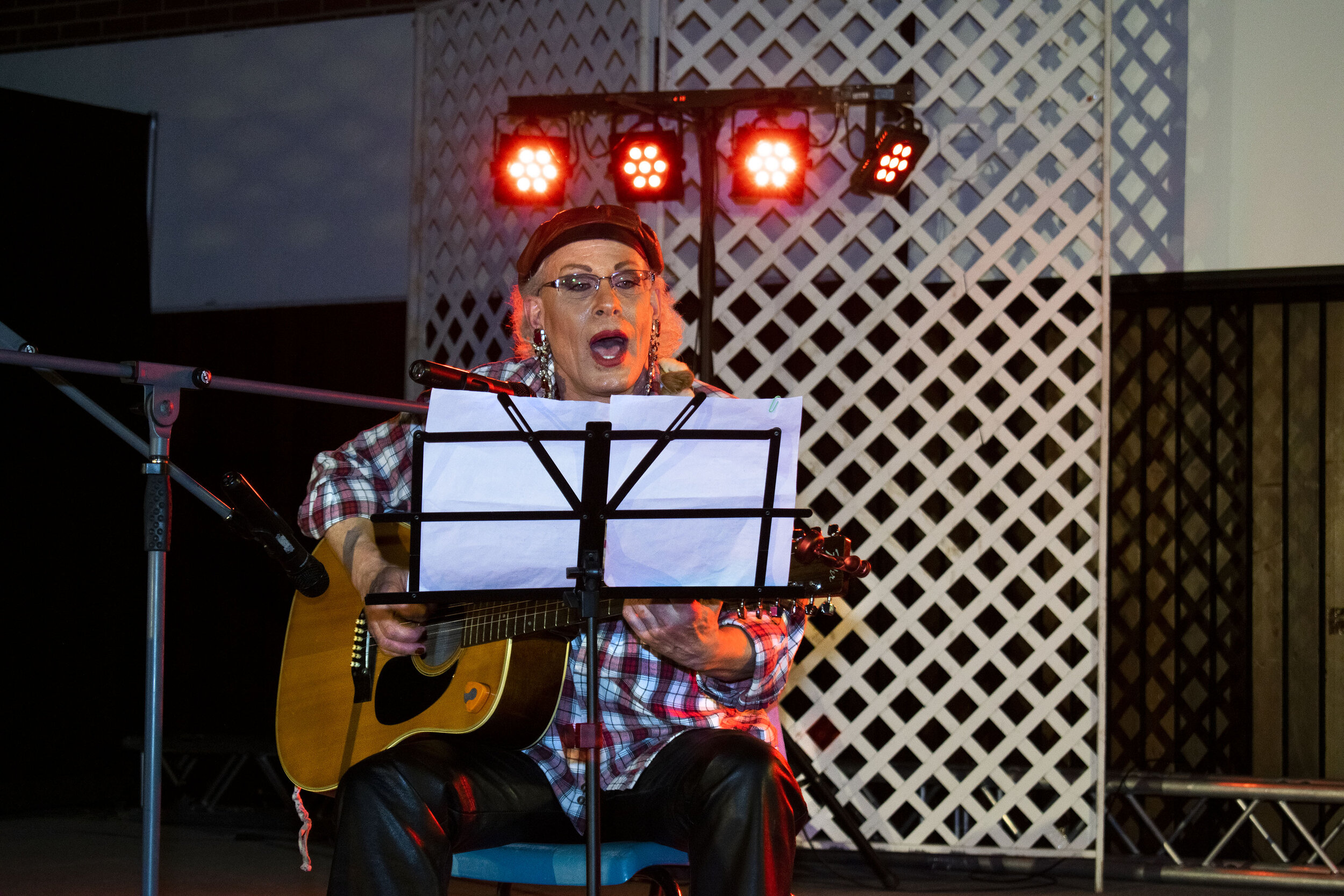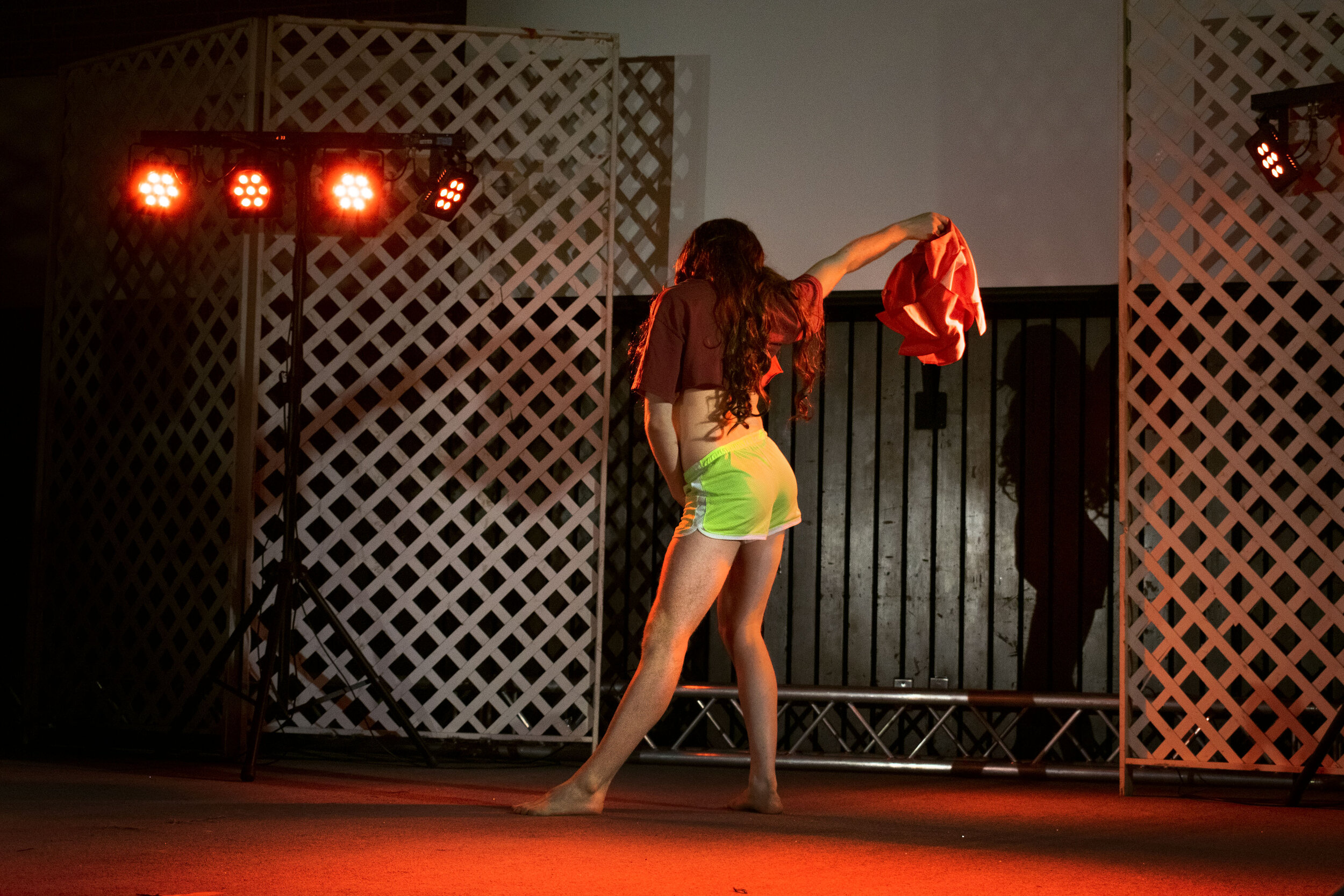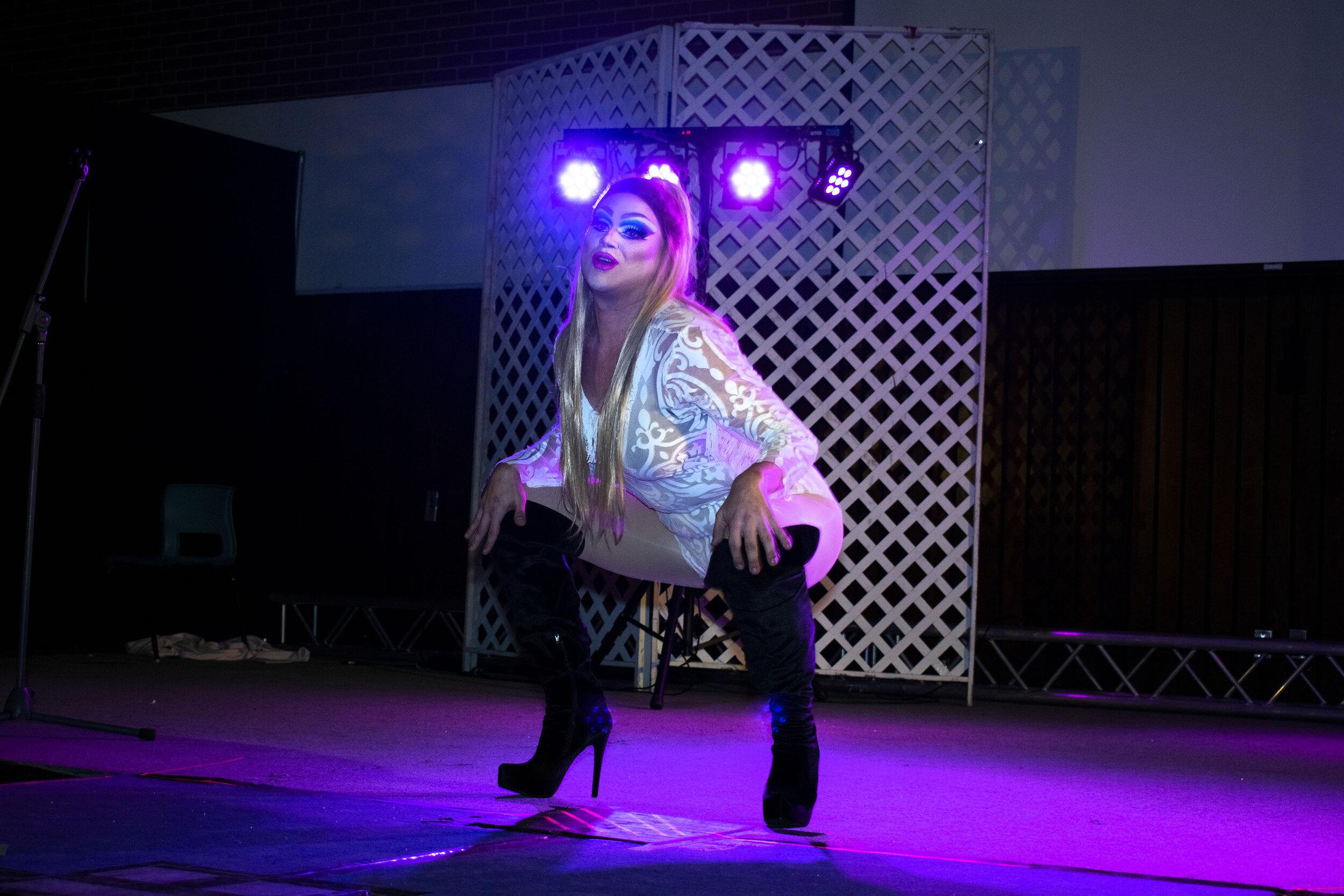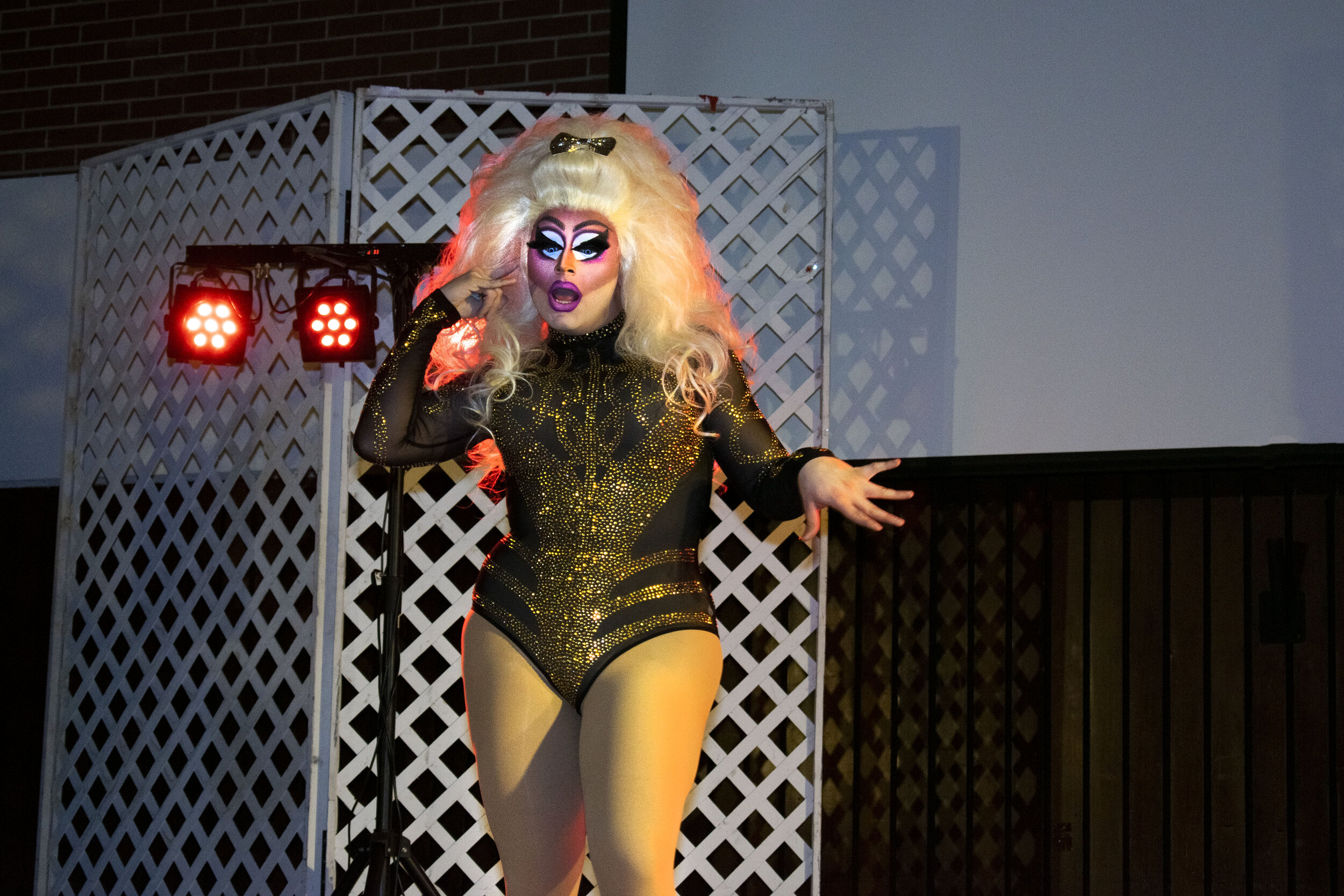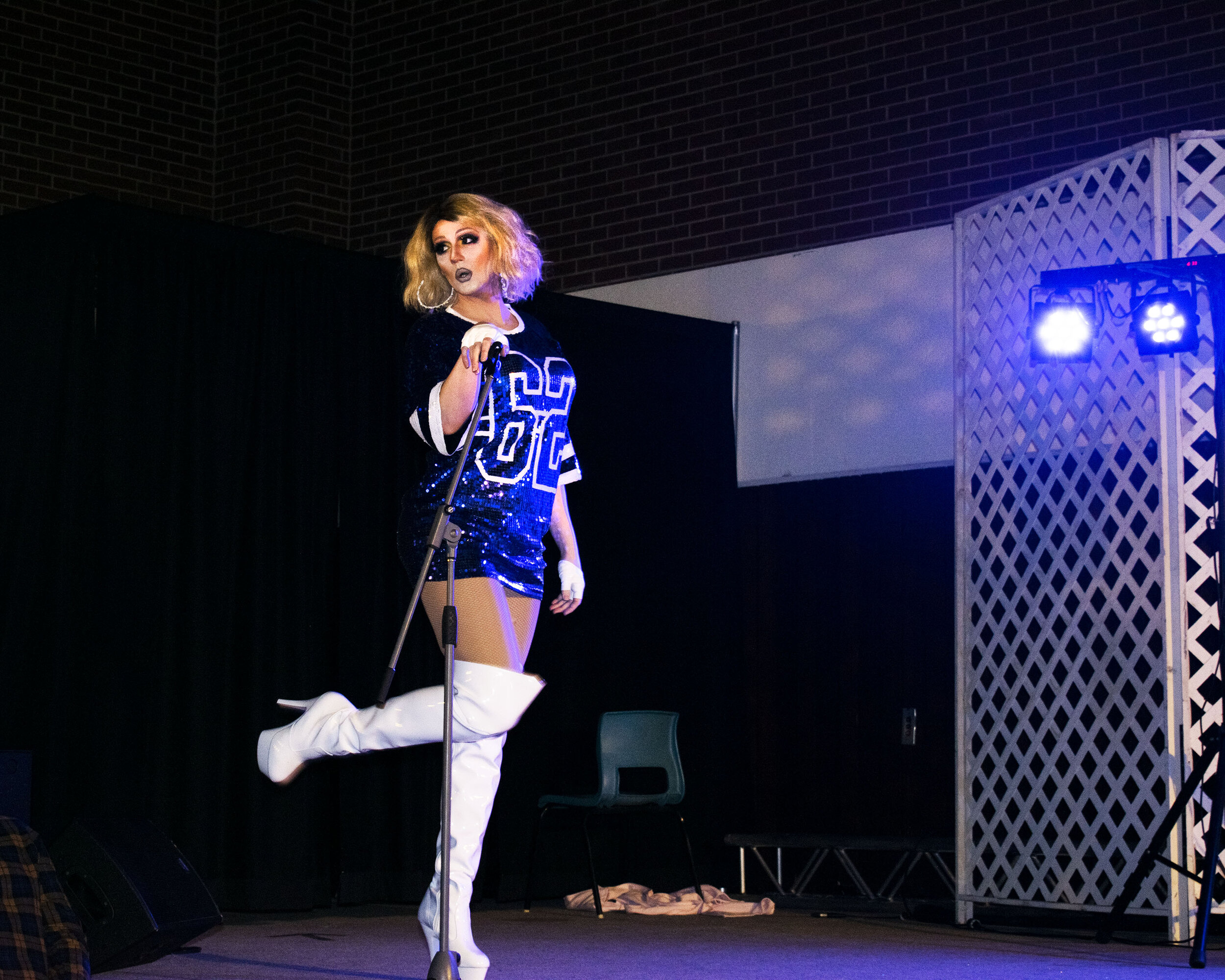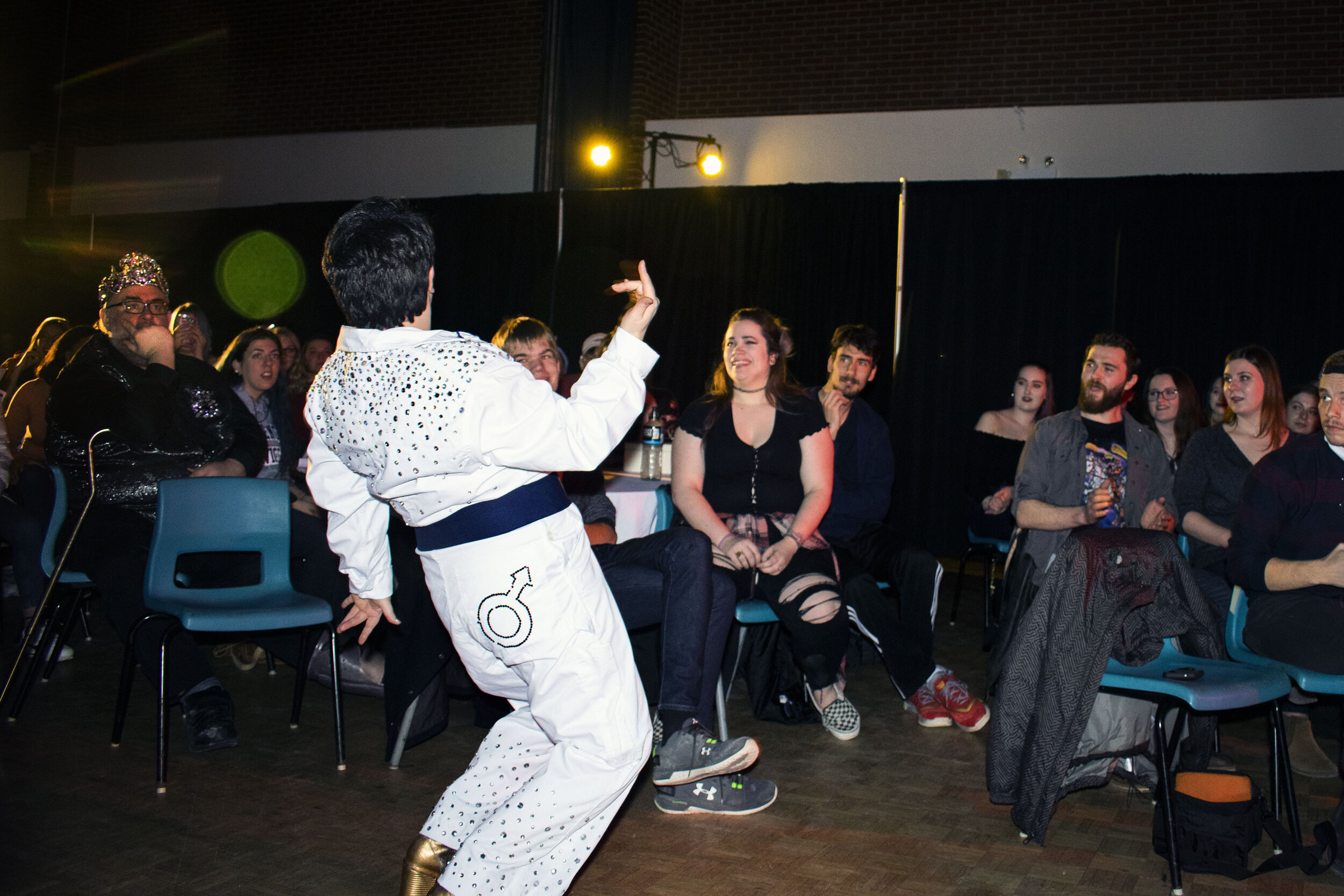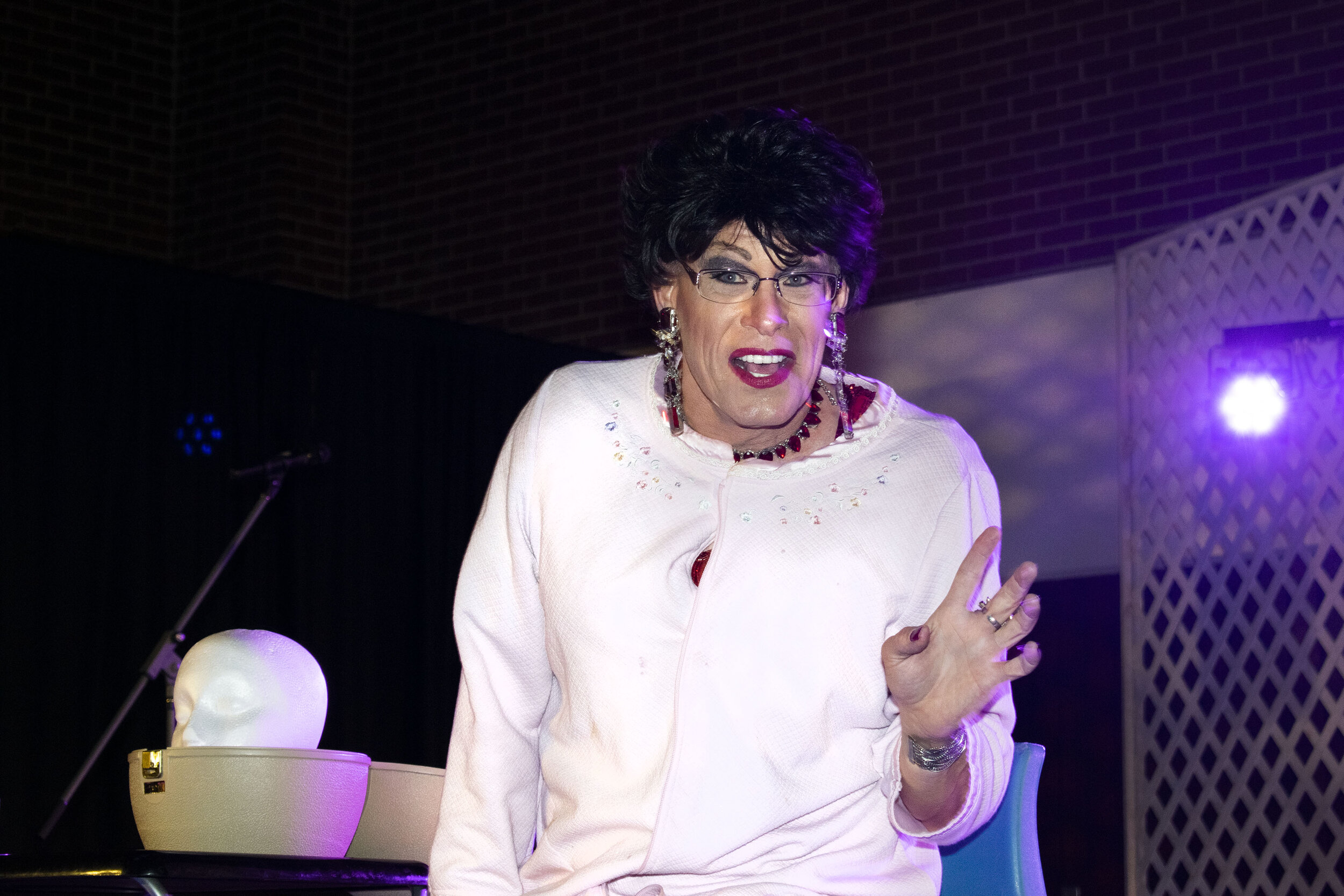I love being a queer at StFX
When I was in grade school, I was bullied by my peers for being too loud, for wanting to answer the teacher’s questions, for being overly attached to anyone who showed me kindness. When I was seven, my classmate told me I was ‘gay’ for having a close female friend that I spent all my free time at school with. I didn’t understand what the word meant at the time, but the way he said it made me ashamed. I thought I was doing something wrong. That shame only got worse after my parents explained what it meant and my best friend would kiss me behind closed doors when her parents were home.
When I got to high school, I had a better understanding of what it meant to be gay or lesbian, but everything was self-learned from the stereotypes I saw on TV. My school was in a white and Christian neighbourhood; you never talked about homosexuality unless it was gossip, shame-inducing gossip. I never talked about it, but I thought about my own sexual identity a lot and I was so confused.
On TV, any non-heterosexual character was either strictly gay or lesbian and their relationships always involved sex. But I wasn’t like that. I knew I liked boys, but I also liked girls, and I had no words to explain who I was or what I was feeling. It is so damning to grow up in a space where the only words that I had to describe myself were ‘unnatural’ and ‘broken’.
It wasn’t until eleventh grade when my understanding expanded again. During a late-night conversation with a friend, I laid out all the frustration I was feeling about my identity crisis and he replied with three words: “Are you bisexual?” That question was a game changer for me.
On one hand, a weight had been lifted off my chest. I finally had a word to explain why my heart would leap out of my chest when the pianist in jazz band would talk to me and why I got flustered whenever my friend asked me to spend the night at her place.
On the other hand, it left one question unsolved and created a new problem. Why did the idea of having to be in a physical relationship scare me so much? What would happen if I came out to my peers and word got back to my dad, a teacher at our school that everybody loved? He always told me liking girls is okay, but whenever he would talk about my little brother’s friends who didn’t participate in typical ‘boy’ activities, he would always ask me if I thought they were gay with a hint of disgust in his voice. In the end, I graduated high school with a secret known to only four people: one was the girl I had loved for years, and another looked at me with pity every time he saw me holding her hand and comforting her over the last jerk of an ex-boyfriend.
Coming to X has changed my life in more ways than I can express and a lot of that is because of the people I’ve met through X Pride. Here I was at a traditionally Catholic university surrounded by an amazing group of queer peers who were proud and unashamed of who they were.
Their influences goes deeper than most people understand; their pride helped me be open about who I am and love the person I have become, and because of that I came out to my mum and brother, the two most important people in my life.
I love being queer. And I love being a queer at StFX.
X Pride has also exposed me to the diversity of the queer community that I had been missing throughout my life. Through conversations, events, and amazing celebrations such as Pride Month, I learned more about each letter in LGBTQ+ and I got to learn about the sexual and gender identities encompassed by the plus. Not only did I learn about the diverse identities in this community, but I also learned that each person had a different experience and these experiences shaped how they viewed their identity.
I thought about myself, my history, my aversions and desires, and I asked questions. In 2019, I wake up every morning proud to be a panromantic, asexual woman who is a part of one of the strongest, most loving, and more diverse communities at StFX.
In June 1990, an organization called Queer Nation circulated a pamphlet at the New York City Pride Parade title “Queers Read This.” There’s one line from it that encompasses where I am now in my life and how important the diversity in the queer community is: “You’re immeasurably valuable, because unless you start believing that, it can easily be taken from you.” Each person finds value in themselves in different ways, but these different ways are all expressed through the language and labels we use.
Language has a special meaning in the queer community. As X Pride president Robert Chatterton said recently, “language has significance within our community and labels are what help us identify who we are and how we can celebrate our differences.” To someone who is cisgender and heterosexual, these differences aren’t obvious and they can be confusing. Trust me, they can even be confusing for queers. But this is why we ask questions, so we can better understand the people around us and avoid misgendering and making assumptions about the people we encounter on a day-to-day basis. In the queer community, we are all different people coming from different backgrounds, with different fears and aspirations. One common aspiration is that we be heard and accepted by the people around us.
Recently in StFX politics, Students Union presidential candidate Cecil VanBuskirk stood up and talked about the positives of queer label erasure, stating that the way to solve LGBTQ+ issues on campus is to do away with labels entirely. To a cisgender heterosexual man, queer label erasure may look like a way to end discrimination. As a queer woman, I am not afraid to call this what it is. Whatever his intentions may have been, candidate VanBuskirk’s remarks present “oppression in its politest form” (Chatterton).
In a Facebook post to X Pride, Chatterton states that “the removal of labels only masks the oppression that has been faced by marginalized communities for centuries.” The last thirty years have been an incredibly powerful time for the queer community. After the AIDS epidemic of the 1980s that claimed tens of millions of lives, the queer community came together in solidarity of the brothers and sisters they lost to a disease that was perpetuated by the Reagan and H. W. Bush administrations in the United States. They did more than fight for the acknowledgment of the epidemic facing their community; the 1980s also represented a time when the queer community reclaimed the names thrown at them by homophobes for centuries. Queer, lesbian, and gay were no longer words to shame people acting outside the gender and sexuality norms; instead, they became the labels used to proudly identify a community of fighters.
As a collective, we are queer. As individuals, we are gay. We are lesbians. We are bisexual. We are pansexual. We are transgender men and women. We are non-binary. We are aromantic. We are asexual. We are intersex. We are two-spirit. We are all different people with different experiences and identities, and when we come together we are fierce and we are proud and we will not be silenced. Our labels reveal our diversity, but our diversity makes us stronger, and any attempt to silence us will be met with a pride that we have because of the sacrifices made by the millions of members of our community that came before us and created a space for us to exist.
I have spent too many years ashamed of who I am to let someone tell me that I’m too queer to exist. Discrimination against the queer community is not a result of too many labels, and it cannot be solved through queer label erasure. Discrimination happens because people don’t want to share space with people who are different, who challenge the status quo, and who will not be shamed into submission.
I love being queer. And I love being a queer at StFX.
I love being surrounded by a community that accepts my differences. I love living in a community where I am not judged for my labels and am instead celebrated for them. I use my labels to define a part of myself; my labels do not determine my existence.
I am a panromantic asexual woman. I have diagnosed anxiety and depression. I love politics, queer literature, and Star Trek. I love the family I’ve found in X Pride.
I love being queer. And I love being a queer at StFX.
A leaflet distributed at pride march in NY published anonymously by Queers in 1990, “Well, yes, “gay” is great. It has its place. But when a lot of lesbians and gay men wake up in the morning we feel angry and disgusted, not gay. So we’ve chosen to call ourselves queer. Using “queer” is a way of reminding us how we are perceived by the rest of the world.”
“It’s a way of telling ourselves we don’t have to be witty and charming people who keep our lives discreet and marginalized in the straight world. We use queer as gay men loving lesbians and lesbians loving being queer. (…) And when spoken to other gays and lesbians it’s a way of suggesting we close ranks, and forget (temporarily) our individual differences because we face a more insidious common enemy. Yeah, QUEER can be a rough word but it is also a sly and ironic weapon we can steal from the homophobe’s hands and use against him.”
I love being queer at StFX.


